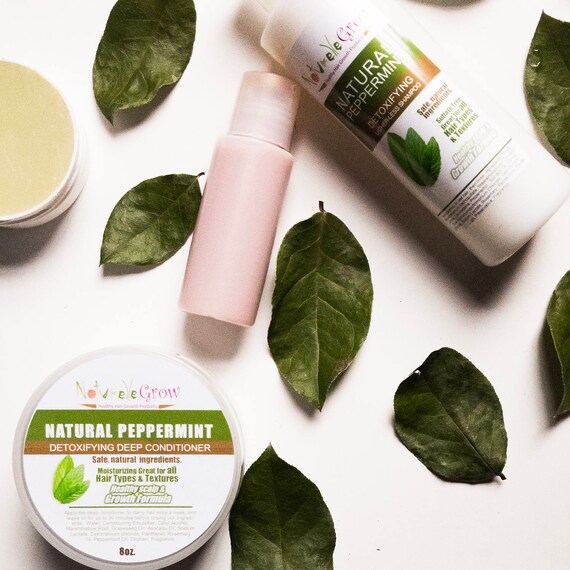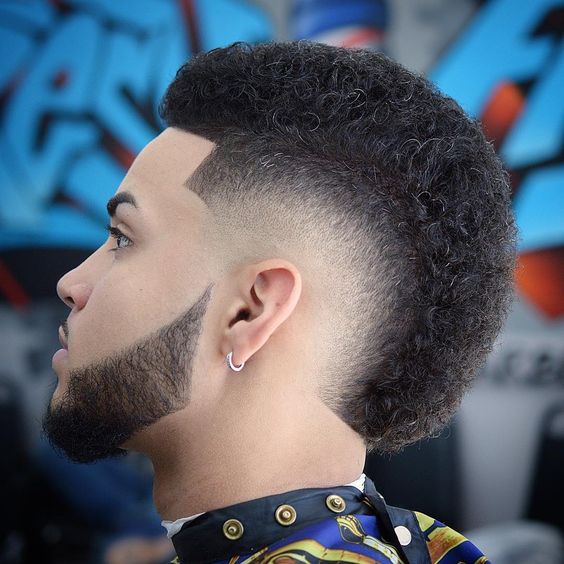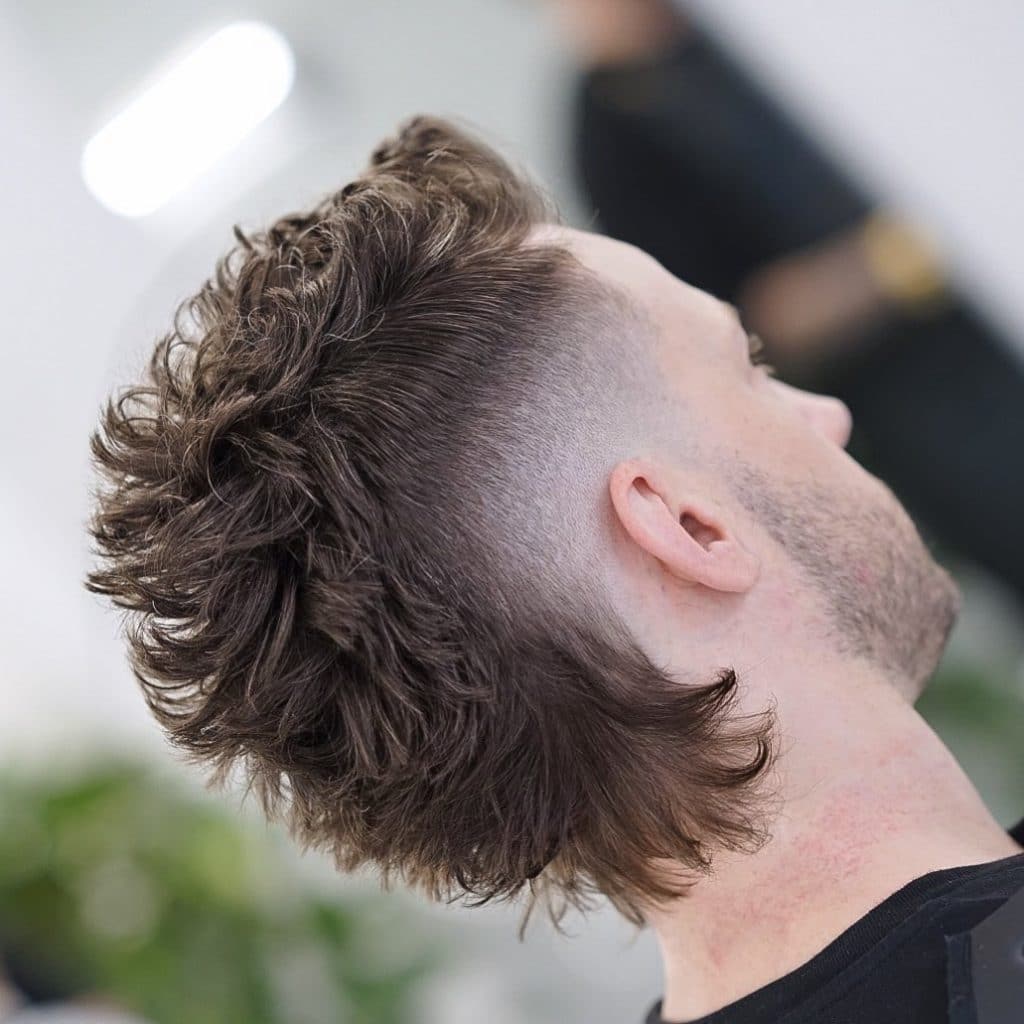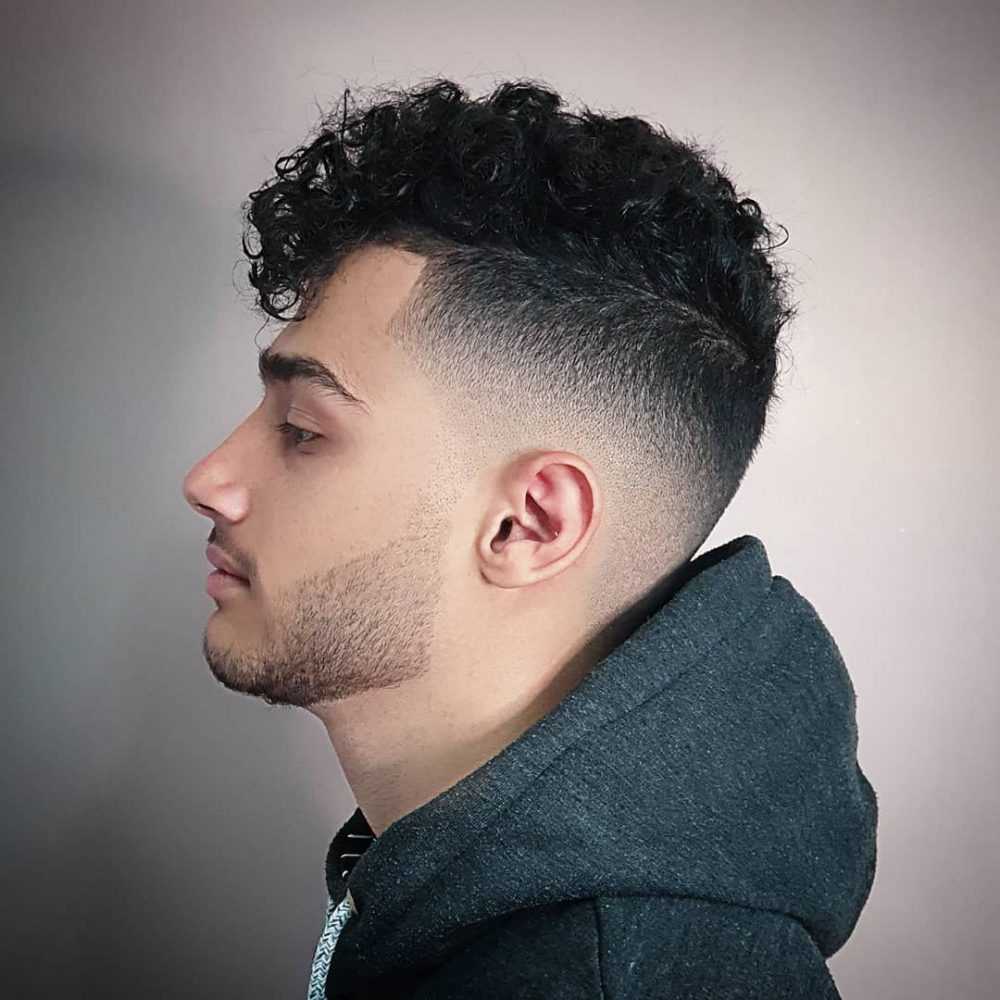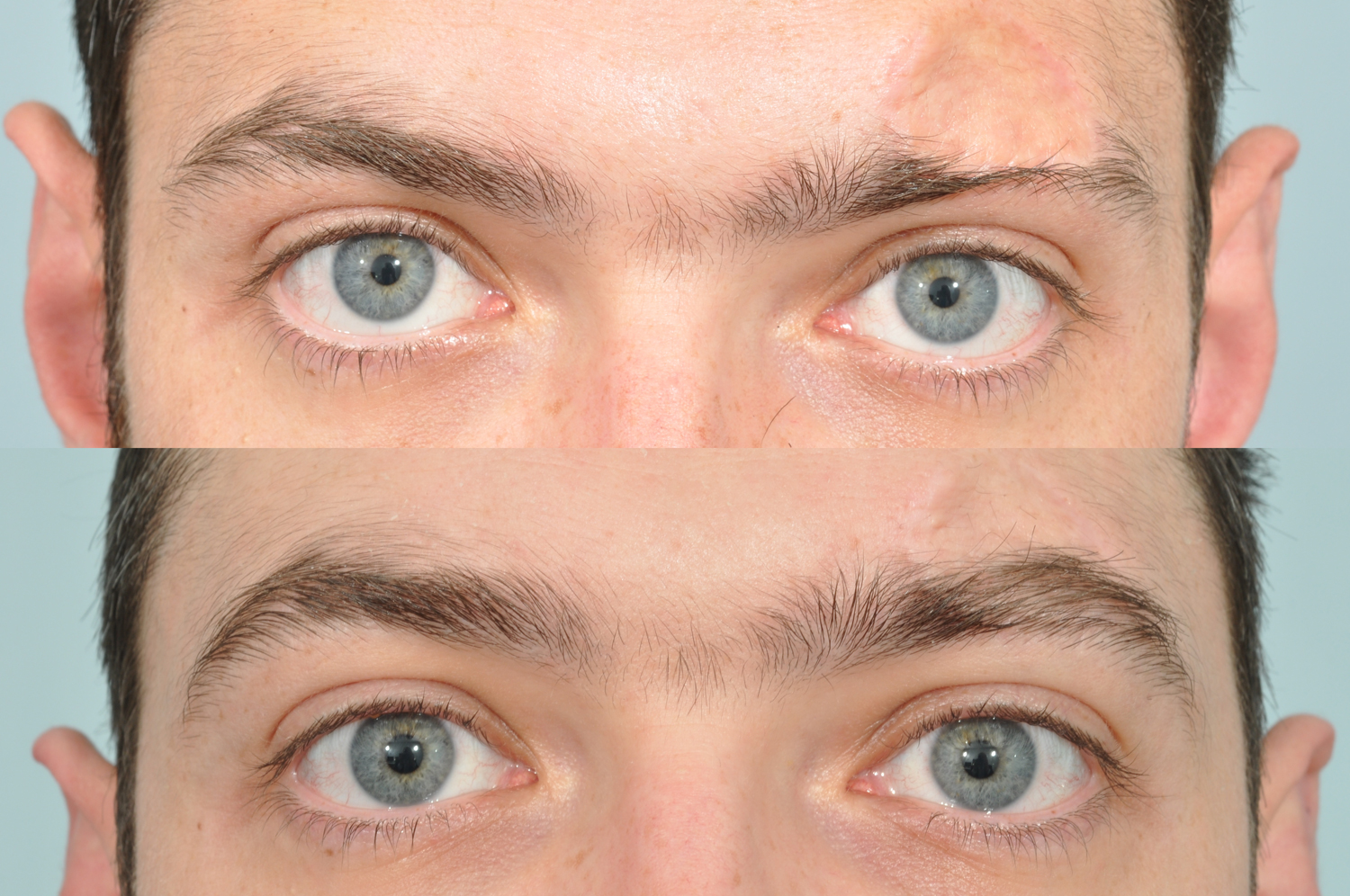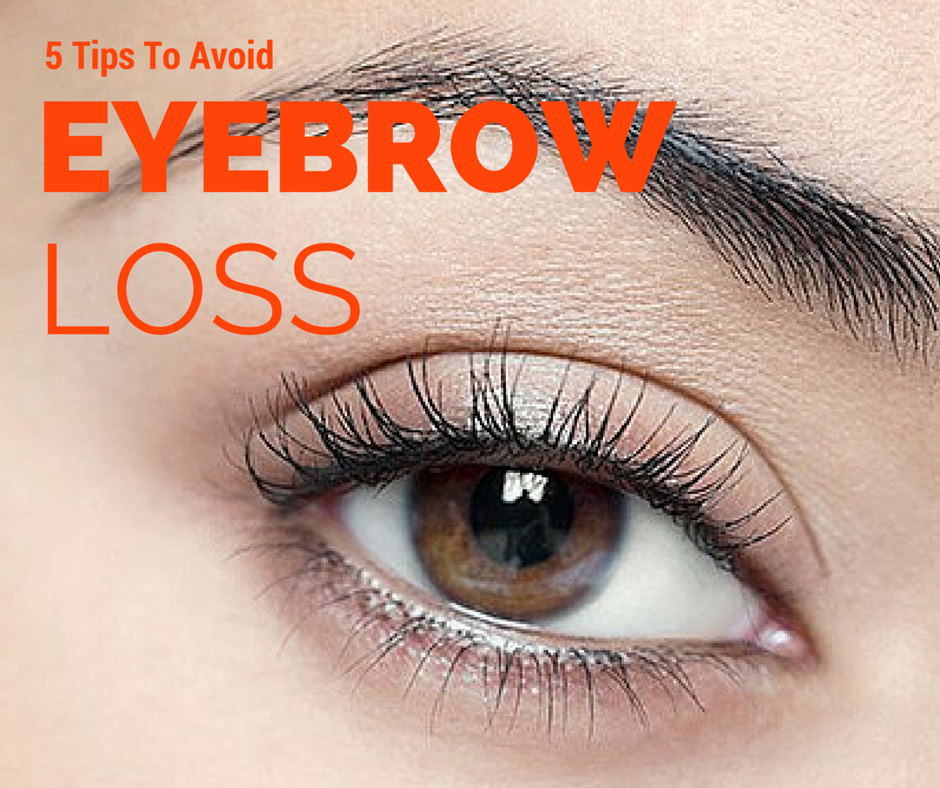Table Of Content
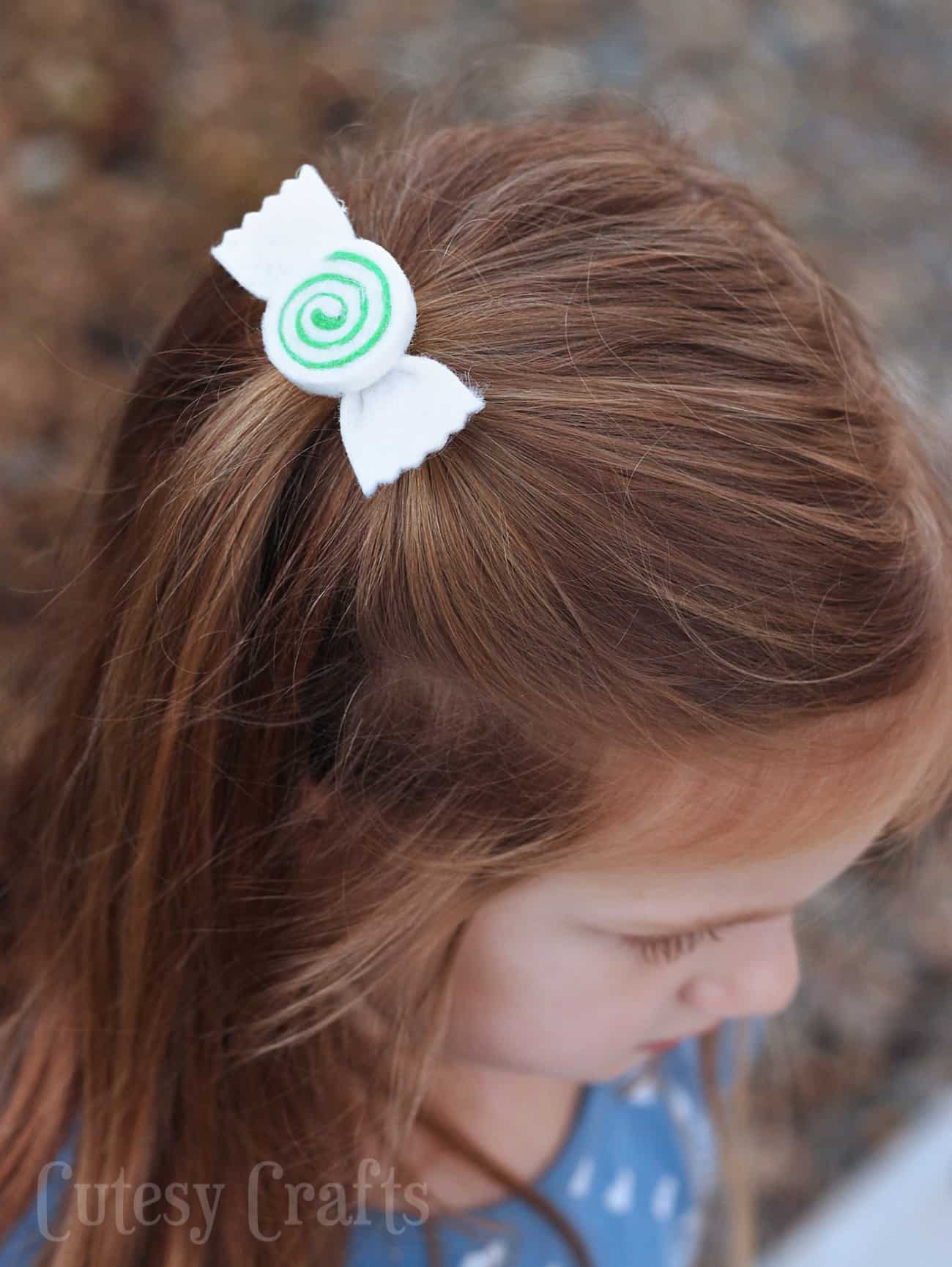
Once you’ve massaged the peppermint oil fully into your scalp, allow it to sit for at-least another five minutes before rinsing. To really activate your hair follicles and encourage healthy hair, let the peppermint oil work anywhere from an hour to overnight. Add a few drops to a hair protein treatment before bed and let the peppermint oil work its magic while you sleep. Rub a few drops of your diluted peppermint oil into your scalp with your finger tips. Continue to massage the peppermint oil into your scalp for up to three minutes. The added friction of the massage helps to increase blood circulation to the scalp.
Leave a Comment Cancel reply
Rosemary promotes hair growth as it contains ursolic acid, which increases scalp circulation, ensuring that oxygen and nutrients reach the hair follicles. Greying and falling of hair is also reduced by use of rosemary, due to its high antioxidant content that wards off free radicals. Rosemary also contains antimicrobial and anti-inflammatory properties which help fight dandruff and scalp irritation. Peppermint helps to provide a cooling effect that increases scalp and hair circulation, thereby promoting hair growth and the number of hair follicles.
Hair Loss and its Causes
Mielle Organics' Scalp & Hair Oil For Hair Growth Is on Sale at Amazon - STYLECASTER
Mielle Organics' Scalp & Hair Oil For Hair Growth Is on Sale at Amazon.
Posted: Thu, 11 Apr 2024 07:00:00 GMT [source]
There are several reasons why peppermint oil is so well-regarded among those looking to breathe fresh life into fading hairlines and balding scalps. Here’s what you should know about how peppermint oil might give your hair or scalp a boost, plus the best way to apply it. The bottle should actually say “essential oil” and you’ll want to do some research to make sure the manufacturer has cleared it for use on the skin. Something that’s made to be in a diffuser may not actually be safe, she says. There are a few supposed benefits of using peppermint oil on your hair.
Peppermint Oil Uses and Benefits
And while menthol is the primary component of peppermint oil, it is not peppermint oil. Peppermint oil contains other volatile acids, the effects of which are not examined in the 2020 research paper. Finally, although menthol has been shown to increase perfusion in provoked skin tissue, this doesn’t necessarily mean that it will increase perfusion in scalp tissue. None of the studies examined in the 2020 research paper looked specifically at the effects of peppermint oil on scalp tissue perfusion, let alone hair loss. At first glance, the observations made in the 2020 research paper seem rather promising.

If you want to use peppermint oil on its own, it's best to dilute it in a carrier oil like jojoba oil or coconut oil. The best way to use this essential oil is to dilute it in your favorite carrier at a 1-2 percent concentration. "When our scalps are healthier and happier, hair health is supported, as well, so [there can be] improvements in hair texture and growth." Of all the benefits of using peppermint oil for hair growth, this is by far the biggest. The oil can stimulate the scalp in various ways, including allowing greater blood circulation, which, as described below, can have a huge effect on healthy hair growth.
At this point in time, there just isn’t enough evidence to definitively state that peppermint oil works for promoting hair growth in humans. While promising, the observations made in the 2020 research paper should be taken with a grain of salt. For one, the report itself concludes that menthol’s actions on vasculature remain unclear. Some of menthol’s actions on vasculature have only been studied in vitro while other actions of menthol on vasculature have not been studied at all. Secondly, it is important to note that the 2020 research paper examined the effects of menthol on vasculature.
Editorial Advisory Board Member, Harvard Health Publishing
Over the course of the study, the mice were analyzed in order to evaluate several different factors related to hair growth/loss. A histological analysis (i.e. the microscopic examination of body tissue) examined dermal thickness, hair follicle number, and hair follicle depth. Additional analyses were performed to evaluate alkaline phosphatase enzyme activity and mRNA expression of insulin-like growth factor-1, two known biomarkers for enhanced hair growth. Finally, body weight gain and food efficiency were evaluated in order to determine whether weight gain should be considered as a potential side effect of using peppermint oil for the treatment of hair loss. Peppermint oil is a popular essential oil dating back thousands of years, known for its invigorating and cooling properties.
However, all hair types can use peppermint oil when used correctly and safely. People should avoid applying peppermint oil directly as it can be very irritating and those with allergies to essential oils or sensitive skin/scalp should avoid it or try a patch test prior to using it. It clarifies, cleans, and invigorates the hair without stripping it of its natural oils. Peppermint oil balances your scalp's production of sebum, leaving your hair nourished and hydrated without weighing it down.
Harvard Health Publishing
Peppermint essential oil can be a safe home remedy for improving hair growth. Undiluted peppermint essential oils can cause a burning sensation on your skin. Peppermint oil can be used on its own, in DIY treatments, and mixed with a carrier oil. It's a pretty popular ingredient for a lot of hair care products, including shampoos, conditioners, scalp treatments, and deep treatment masks.
On the other hand, a review conducted in 2020 found no clinical evidence supporting the use of peppermint oil to treat hair loss in humans. One of the uses of peppermint oil for hair include promoting hair growth. Menthol, the main component in peppermint oil (and what causes its cooling sensation) has been shown to increase blood flow to the scalp. This positively impacts blood vessels, stimulating regrowth and follicle depth, for thicker, stronger hair strands.
The 3 Best Oils For Massive Hair Growth & Volume Once & For All, According To Hairstylists - SheFinds
The 3 Best Oils For Massive Hair Growth & Volume Once & For All, According To Hairstylists.
Posted: Thu, 22 Feb 2024 08:00:00 GMT [source]
In other words, rosemary oil may help fight hair loss by killing the bacteria that puts our scalps in a chronically inflamed state. The author of this article, Leah Marie Priest has a degree in Cosmetology with years of experience in dealing with hair care, scalp care, and hairstyling. As someone who extensively deals with all kinds of hair textures, products, styling methods and more, hair Leah Marie knows what kind of products and procedures suit each hair type and person. We have also tested these hair products and processes ourselves to provide you an unbiased review about every product. Each of our articles are also reviewed by a team of medical professionals so that you get the most accurate and expert-reviewed information. Scalp massages are one of the best ways to promote hair growth because once the warm oil is applied on the scalp and the scalp is massaged using the fingertips.
It proposed that rosemary oil may be used to combat hair loss like androgenetic alopecia or used with established treatments such as minoxidil and finasteride. Hair growth promotion was evaluated by observing the darkening of the skin color, which indicated telogen to anagen conversion, bright pink in telogen and grey/black in anagen. At week 1, PEO changed the dorsal skin color from pink to grey/black and from week 2, it showed a considerably rapid increase in hair growth (Fig. 2). These results clearly demonstrate that the topical application of PEO induces rapid anagen hair growth in telogen mouse skin. To learn more about the 2015 study on the effects of rosemary oil for treating hair loss, please check out our article on the subject.
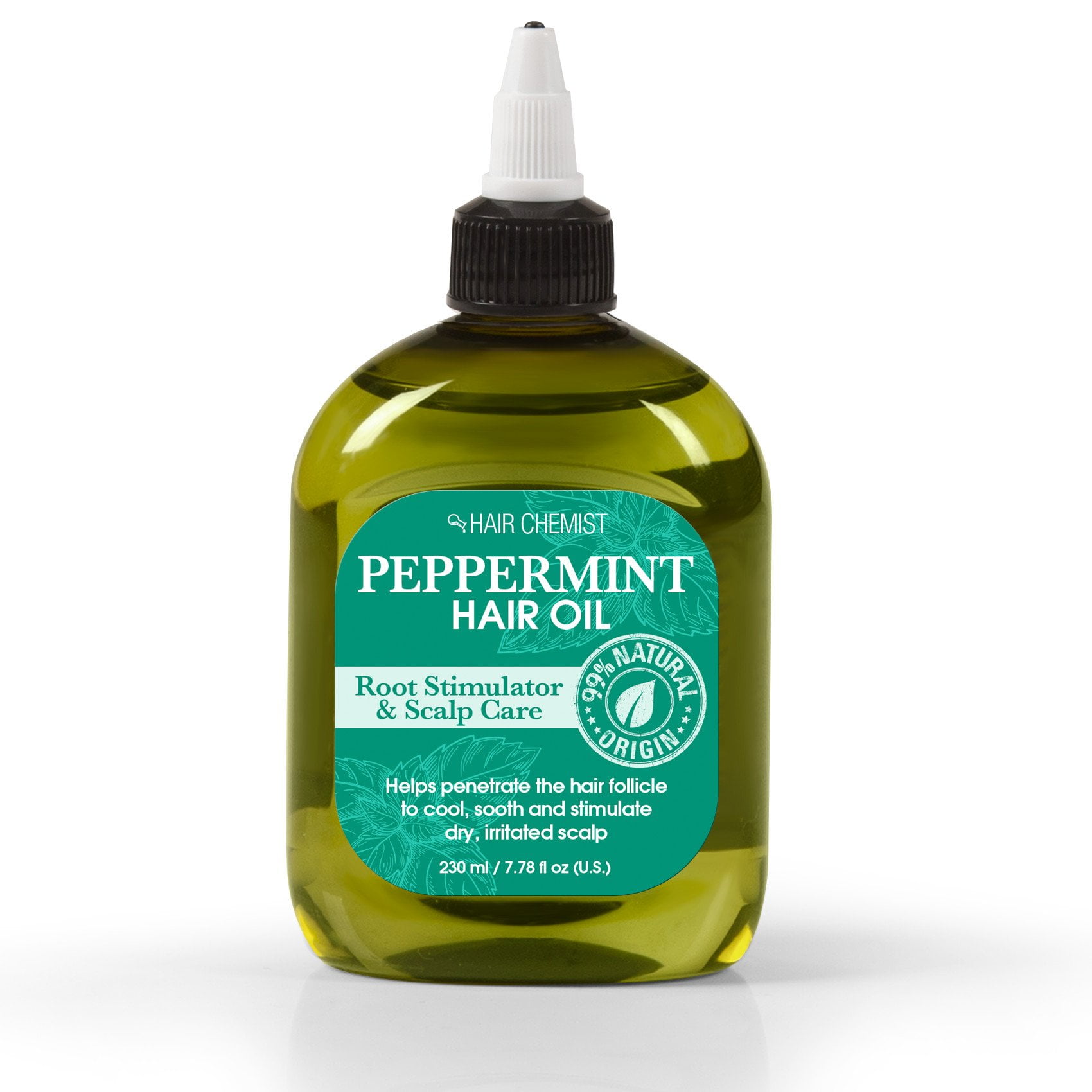
Peppermint essential oil can be extracted from the leaves of the peppermint plant and is used for a variety of purposes. It has a sharp odor that’s cool and refreshing, and the taste is similar. You may be familiar with the coolness in your mouth after you consume something with a peppermint flavor. Just like your skin, your scalp must be kept clean and healthy through exfoliation. This practice is vital as it can help unclog pores and improve hair growth.
Peppermint has a pleasant, cooling sensation when applied topically, and that sensation can help to reduce skin inflammation. Peppermint oil acts as an astringent that closes pores and tightens the skin. Its cooling sensations make it an effective anesthetic that leaves the skin numb to pain and soothes redness and inflammation.


